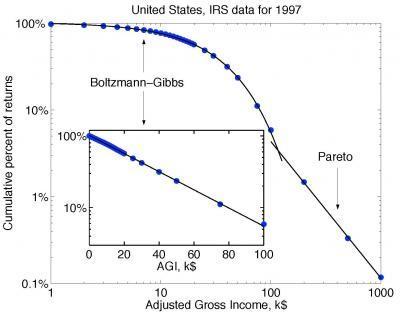Economists have shown that cognitive skills — especially math and science — are robust predictors of individual income, of a country’s economic growth, and of the distribution of income within a country (e.g. Hanushek & Kimko, 2000; Hanushek & Woessmann, 2008).
Research and publish the best content.
Get Started for FREE
Sign up with Facebook Sign up with X
I don't have a Facebook or a X account
Already have an account: Login

 Your new post is loading... Your new post is loading...
 Your new post is loading... Your new post is loading...
|
|













This is great for students who don't think algebra is necessary. This is a different way math can be taught. It would be the teaching of quantitative skills rather than a bunch of abstract formulas.